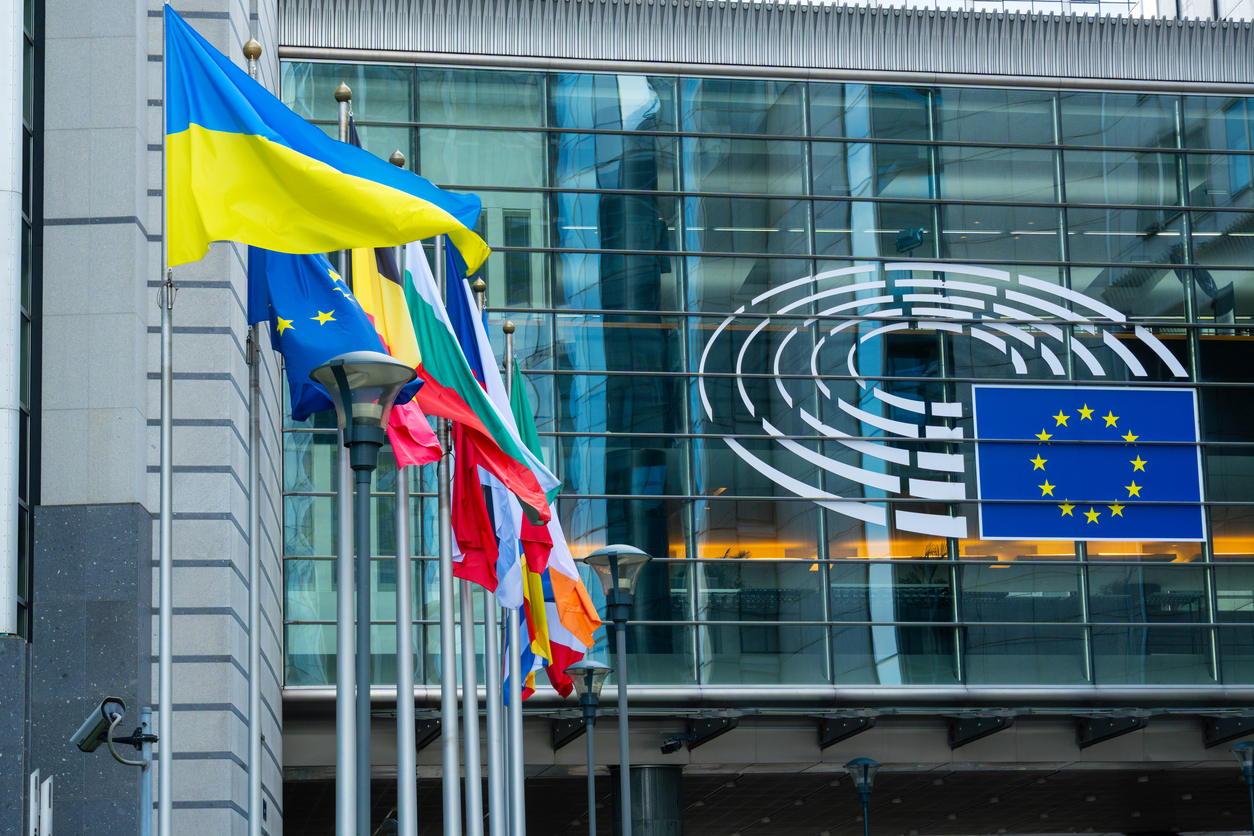EU Advances Legislative Process for New Genomic Techniques Toward Final Adoption
| |

The European Union's path toward a modernized regulatory framework for New Genomic Techniques (NGTs) is now in its final stages. In December 2025, the European Council and the European Parliament reached a provisional agreement on a comprehensive regulatory framework for NGTs, marking a significant modernization of the EU's agrifood rules. On January 28, 2026, the European Parliament's Committee on Environment, Public Health and Food Safety (ENVI Committee) approved the trilogue compromise by a strong majority (47-31) vote. It formally approved the agreement, indicating that the legislation will soon be fully implemented throughout the EU (27).
The new framework is designed to move the EU away from the restrictive 2001 GMO directive, which many stakeholders argued was outdated and hindered agricultural innovation. By providing a science-based framework for precision-bred crops, the regulation attempts to promote the European Green Deal's objectives of lowering pesticide usage and boosting the resilience of food systems in the face of climate change.
Refining the Two-Category System
The endorsed regulation maintains the established two-tier approach to ensure safety while fostering innovation:
- Category 1 (NGT-1): This category includes plants that could occur naturally or through conventional breeding. These plants will undergo a verification process and, once verified, will be treated in the same manner as conventionally-bred plants. They will be exempt from the lengthy risk assessments and strict food labeling standards typically associated with GMOs, while transparency will be maintained through a public registry.
- Category 2 (NGT-2): This category covers more complex modifications. These plants will remain subject to the stricter requirements of the GMO legislation, including full risk assessments and mandatory labeling. However, the framework allows for procedures to be adapted to reflect their specific risk profiles.
Key Provisions and Intellectual Property
A critical component of the latest updates involves the management of intellectual property. While the European Parliament first proposed a blanket prohibition on patents for NGT plants, the final text focused on greater transparency at the highest levels. Breeders will be required to declare any patent rights related to NGT-1 plants during the registration procedure to ensure that conventional breeders have clear knowledge regarding the materials they employ.
Furthermore, the regulation reaffirms the exclusion of herbicide-tolerant traits from the NGT-1 category. Any plant modified for herbicide tolerance will automatically be classified as NGT-2, ensuring it undergoes the highest level of scrutiny regarding its environmental impact.
Safeguarding Organic Farming and Consumer Choice
To maintain the integrity of diverse farming practices, NGTs will remain prohibited in organic production. The regulation introduces mandatory labeling for all NGT seeds and plant reproductive material, regardless of category. This "seed-to-farm" traceability is intended to allow organic farmers to ensure their supply chains remain NGT-free and to provide clear choices for growers across the EU.
Next Steps for Implementation
Following the ENVI Committee's endorsement, the regulation is likely to get its final plenary vote in the European Parliament, followed by formal adoption by the Council of the EU. Once published in the Official Journal, the rules will enter into force, with a 24-month transition period until they become fully applicable.
This legislative milestone marks a significant shift in European biosafety policy, aiming to balance the precautionary principle with the need for technological tools to secure the future of European agriculture.
Reactions from the EU Seed Sector
Euroseeds, a non-profit association for the seed industry in the EU, and FarmEurope, a think-tank that aims to stimulate thinking on rural economies in the EU, have lauded the ENVI Committee’s endorsement as a vital step toward providing farmers with climate-resilient, science-based tools. Industry leaders emphasized that the broad political majority supporting this "balanced compromise" is crucial for fostering innovation and competitiveness within the EU seed sector. With European Council confirmation expected by March 2026, proponents are now urging a swift final adoption to prevent further delays and ensure a more sustainable and resilient future for European agriculture.
For more information, visit the websites of the European Parliament and the European Commission, or read the following articles:
- EU Reaches Landmark Deal on New Genomic Techniques to Boost Agri-Food Sector
- The Great Gene Editing Divide: Europe's Race to Regulate Next Generation Crops
- Trilogue Talks to Shape the EU's NGT Plant Future
| Archive | Older Post |
Science Speaks is ISAAA Inc.'s official blog. Weekly blog articles, authored by ISAAA writers, partners, and invited contributors, aim to help share, disseminate, and promote scientific knowledge and its vital role in achieving global agricultural sustainability and development. Your support to Science Speaks will help us achieve this goal. You can help us by donating as little as $10.

